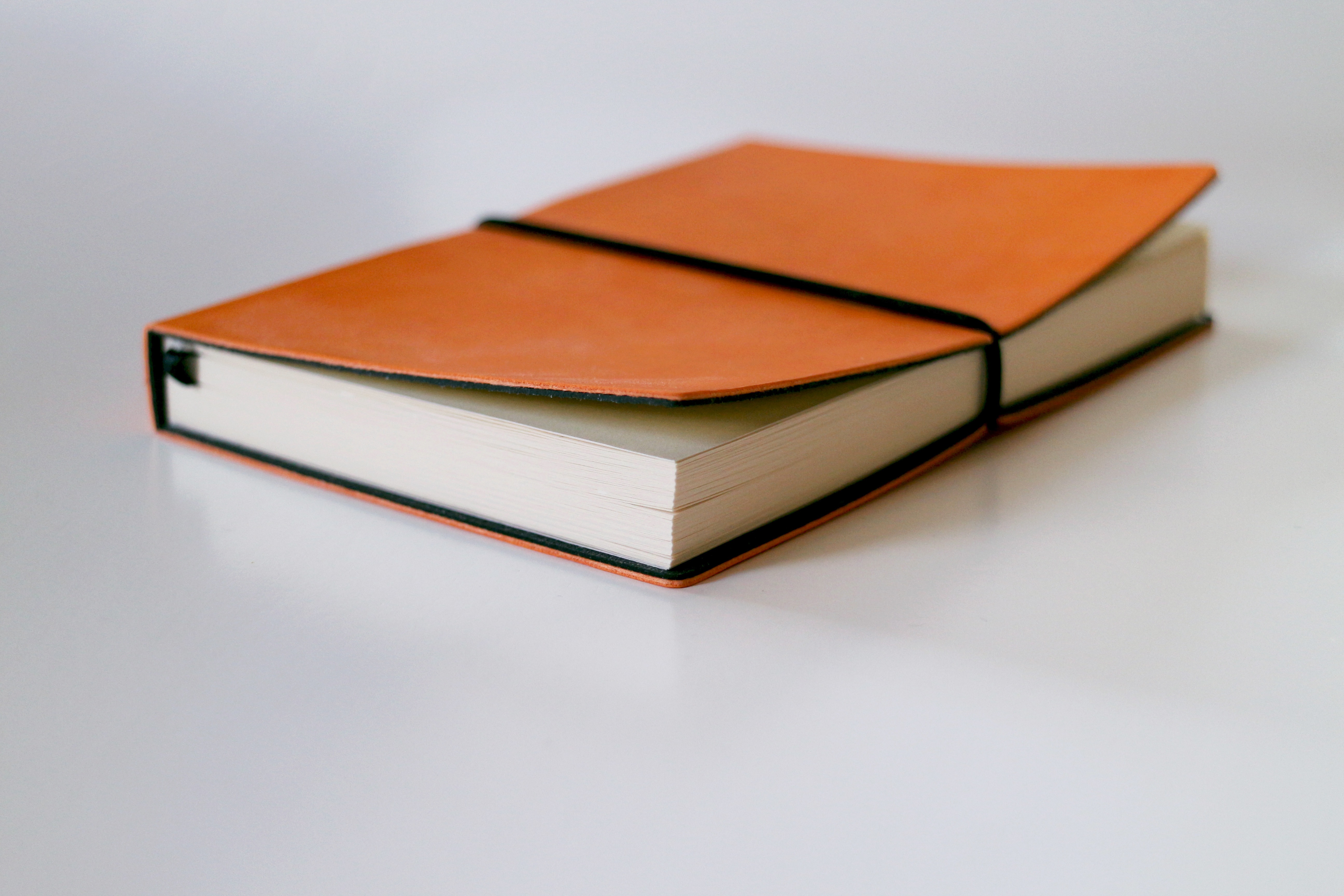A Chinese robot vacuum company digs up “hidden evidence” to successfully invalidate a patent owned by its biggest competitor.
Highlights
- Proof of original sales date of a secondhand product
- Proof of product launch date
Background
With the growth of online shopping, it is easier than ever to provide evidence of a sale when the product is still being sold on the market. But what if the product is no longer being sold? It’s much more challenging to prove the original disclosure date for a secondhand item, especially in a jurisdiction like China, which has very stringent notarization and legalization1 requirements for introducing evidence into a proceeding.
The case below demonstrates an example of how one major Chinese robot company successfully dug up and introduced sufficient evidence to invalidate a patent owned by its biggest competitor. This case was highlighted in the CNIPA’s published “Compilation of Key Decisions from Typical Cases of Patent Re-examination Invalidity in the Year 2023”.
About the Patent
The Chinese Utility Model “Ground Brush Mechanism and Cleaning Device” with patent no. ZL 202122747982.9 was filed on 10 November 2021 and granted on 13 May 2022. An invalidation request to this patent was submitted on 16 February 2023 and the Decision to revoke the whole patent was issued on 26 December 2023.
In this case, two of the largest manufacturers of robot vacuums in China were involved. The patent was owned by Dreame and the invalidation request was filed by TINECO. TINECO attempted to invalidate Dreame’s patent using Tineco’s own products, which fell within the scope of Dreame’s patent claims and were allegedly sold prior to the filing date thereof.
Chain of Evidence
It is difficult to prove the original sale date or launch date for a discontinued product. However, TINECO provided sufficient notarized chains of evidence as shown below.
Proving the original sale date from a secondhand product
TINECO provided as evidence two secondhand units of TINECO’s floor cleaning machines from two different sellers on Xianyu. Xianyu (Chinese name: 闲鱼) is a member of Alibaba Group, China’s largest consumer-to-consumer (C2C) community and marketplace for second-hand goods.
The chain of evidence related to the original sale date is as follows:
Evidence | What to be proved |
Order records and online chatting records with the sellers, in which the sellers provided screen caps of their original purchase records from online vendors Tmall and JingDong, respectively. |
|
Email from the sellers providing the tax invoices of the original purchase. The tax invoices showed the model numbers, the serial numbers, and dates of purchase of the units |
|
The acts of receiving the parcels containing the units, unpacking, disassembling, taking photos, and resealing the parcels were all recorded and notarized by notaries |
|
The notary resealed units were provided to the patent invalidation board for investigation |
|
Authenticity of the Evidence
The types of evidence that TINECO provided were considered authentic for the following reasons.
Tmall and JingDong are B2C platforms in China like Amazon in the United States. The date of purchase is automatically generated by the system and is unlikely to be forged.
A tax invoice is an official invoice issued by the Chinese Tax Bureau (but provided by the seller) for any goods or services purchased within the country. The Chinese government uses these invoices to track tax payments and deter tax evasion. Tax invoices are strong proof of the date of purchase, as they are trackable, and it is unlikely that one could provide a tax invoice without an actual purchase action on the platform.
Proof of Product Launch Date
Other evidence related to the product launch date include:
- Launch and sales information from AVC Revo, showing that the launch date was in April 2021 and the sales data was from April to July 2021
- Unboxing reviews from some famous China websites, such as China Fortune Network, Sohu Focus, What’s Worth Buying, Sina Public Test and ZOL in May and June 2021
- Reviews and post follow-up comments posted by customers in Tmall on 9 November 2021
From all these, we can see that the sequence of these events aligns with the typical order of pre-sale promotion, official sales, review by evaluation websites, user purchase, and user reviews. This is in line with industry practices.
Based on all these factors and the fact that the different pieces of evidence can corroborate each other, the CNIPA concluded that a public sale had occurred before the patent application date.
Admission from Patentee
The patentee admitted the two units provided to the invalidation board for investigation were identical. Although the patentee raised objections to some of the evidence, they did not provide any contrary evidence.
EIP Thoughts
There has been an upward trend in patent disputes and invalidations in China. As a result, the CNIPA is setting more standards and providing more examples on evidence.
General Standards
From this case and some other cases published by the CNIPA, we note the following general standards:
- Notarization: Evidence needs to be notarized by a notary public officially recognized in China
- Complete Chain of Evidence: Each part of a sequential set of actions should be seamlessly recorded and notarized by a China-recognized notary public
- Formal and/ or Recognized Sources of Evidence: Evidence can come from different types of sources, such as famous services providers, famous websites, documents recognized by the Chinese government, documents officially issued by a registered service provider
- Corroborating Evidence: Evidence that are consistent with each other and support a certain position from different aspects
Quality of Evidence
This case provides a good example of how external evidence further strengthened TINECO’s position. We believe that TINECO in fact possessed internal evidence to support the first sales date and launch date of their product. However, they still chose to present third party evidence instead, since CNIPA or the opposing side could argue that any internal evidence they provide could be altered or falsified.
Evidence in a Digital World
As the world advances towards more digital transactions, we are seeing more cases and regulations2 clarifying how to “fix” evidence using modern technology. We see positive examples such as sales dates captured digitally on well-established online sales platforms, and the use of corroborating third-party evidence in various digital formats.
In this coming age of AI where falsified evidence is a growing concern, corroborating third party evidence is even more important. Having such evidence lowers the chances that a single piece of faulty evidence could derail an entire case. As such, we highly recommend keeping good records (notarized, if at all possible) of external third-party sales records at a product’s first launch. This information could be very useful in the future for potential invalidations and/or legal proceedings.
Reference
Top Ten Cases Analysis: Request for Invalidation of “Axial-flow windwheel” Invention Patent Right, published on 22 June 2022 in Chinese (Chinese Title:【 十大案件】评析“轴流风轮”发明专利权无效宣告请求案)
https://www.cnipa.gov.cn/art/2022/6/22/art_2648_176140.html
If you would like to have more information on this matter or would like to have our advice, please feel free to contact us at eip@eipgroup.asia.
Eagle IP is a top-tier boutique patent firm with a unique mix of experienced US and Chinese patent professionals with significant cross-border knowledge and experience. Our technically expertise covers wide range of technologies including, but not limited, to life sciences, biotechnology, diagnostics, medicine, pharmaceuticals, material and environmental science, chemistry, bioengineering, AI, software, mechanical engineering, and consumer electronics. We have years of experiences in drafting and prosecuting patent applications involving biological deposits, sequence listings, small and large molecules, drug discovery and development, material science, software and engineering, and many others.
This article is for general informational purposes only and should not be considered legal advice or a legal opinion on a specific set of facts.
About the Authors

Polly Wong is a qualified Chinese Patent Attorney at Eagle IP, a Boutique Patent Firm with offices in Hong Kong and Shenzhen.

Yolanda Wang is a Principal, Chinese Patent Attorney, and Chinese Patent Litigator at Eagle IP, a Boutique Patent Firm with offices in Hong Kong and Shenzhen.

Jennifer Che, J.D. is President & Managing Director and a US Patent Attorney at Eagle IP, a Boutique Patent Firm with offices in Hong Kong and Shenzhen.





